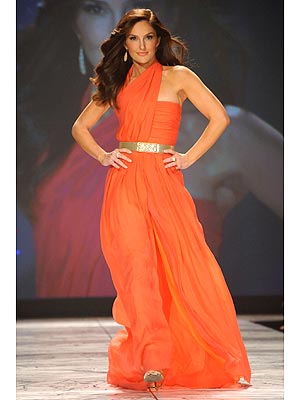TOKYO (Reuters) - The yen recovered from lows against the dollar and Tokyo stocks jumped closer to a 33-month high on Tuesday after markets took comments from a U.S. official as approval for Japan to pursue anti-deflation policies that weaken the yen.
U.S. Treasury Undersecretary Lael Brainard said on Monday the United States supports Japanese efforts to end deflation, but she noted that the G7 has long been committed to exchange rates determined by market forces, "except in rare circumstances where excess volatility or disorderly movements might warrant cooperation.
"Her (Brainard's) comments gave confidence to the market. It was surprising, and was taken as the Obama Administration giving a green light to 'Abenomics'," said Takuya Takahashi, a market analyst at Daiwa Securities.
Japan has faced some overseas criticism that it is intentionally trying to weaken the yen with monetary easing, but talk of a so-called currency war was dialled back ahead of a Group of 20 meeting in Moscow on Friday and Saturday.
G20 officials said on Monday the Group of Seven nations are considering a statement this week reaffirming their commitment to "market-determined" exchange rates.
European Central Bank council member Jens Weidmann also said the euro was not overvalued at current levels.
The dollar fell 0.4 percent to 93.94 yen after marking its highest level since May 2010 of 94.465 on Monday . The euro shed 0.6 percent to 125.68 yen after rising over 2 percent on Monday. It hit its highest since April 2010 of 127.71 yen last week.
"I think the yen's weakening is a function of (playing)catch-up," and not Japan resorting to deliberate devaluation of its currency, said Andrew Wilkinson, chief economic strategist at Miller Tabak & Co. in New York. "It's the market's way of saying:'We're convinced there is a movement afoot to reinflate Japan.'"
The yen is pressured by anticipation that Prime Minister Shinzo Abe will endorse a far more dovish Bank of Japan regime when the current leadership's term ends next month, although the BOJ is expected to refrain from taking fresh easing steps when it meets this week.
Share trading was subdued with many regional bourses shut for holidays. Encouraging trade data from China late last week was lending support to sentiment but non-Japan markets lacked momentum as investors awaited key events such as the U.S. president's State of the Union address for trading cues.
European markets are seen inching lower, with financial spreadbetters predicting London's FTSE 100 <.ftse>, Paris's CAC-40 <.fchi> and Frankfurt's DAX <.gdaxi> would open down 0.2 percent. A 0.2 percent drop in U.S. stock futures also suggested a soft Wall Street start. <.l><.eu><.n/>
The MSCI's broadest index of Asia-Pacific shares outside Japan <.miapj0000pus> fell 0.1 percent, with Australian shares closing flat ahead of corporate earnings due this week.
The weaker yen in turn hoisted the Nikkei stock average <.n225> to close 1.9 percent higher on improving earnings prospects for exporters. <.t/>
Trading resumed in Japan and South Korea but markets in Singapore, Hong Kong, mainland China, Malaysia and Taiwan remained closed.
STATE OF UNION ADDRESS
Currency and equities markets were also looking ahead to President Barack Obama's State of the Union address later on Tuesday night, for any signs of a deal to avert automatic spending cuts due to take effect March 1.
"We believe that the G20's take on currency wars, Mr. Obama's upcoming state of the union address, and data on the current condition of the U.S. economy should help markets assess where the global recovery stands and where we are heading," Barclays Capital said in a research report.
U.S. and Chinese data last week lifted the tech-focused Nasdaq Composite Index <.ixic> to a 12-year closing high and the Standard & Poor's 500 Index <.spx> to a five-year peak on Friday.
Financial markets showed a muted reaction to the news that North Korea has conducted a nuclear test.
"The test was not something that makes your heart pound as much as a pressing situation between Iran and Israel," said Kaname Gokon, research manager at brokerage Okato Shoji, referring to the threat of possible military action to prevent Iran from developing nuclear weapons.
U.S. crude futures edged down 0.1 percent to $96.92 a barrel while Brent steadied around $118.15.
Spot gold stayed near a one-month low.
(Additional reporting by Ayai Tomisawa, Lisa Twaronite and Osamu Tsukimori in Tokyo; Editing by Edwina Gibbs and Eric Meijer)











